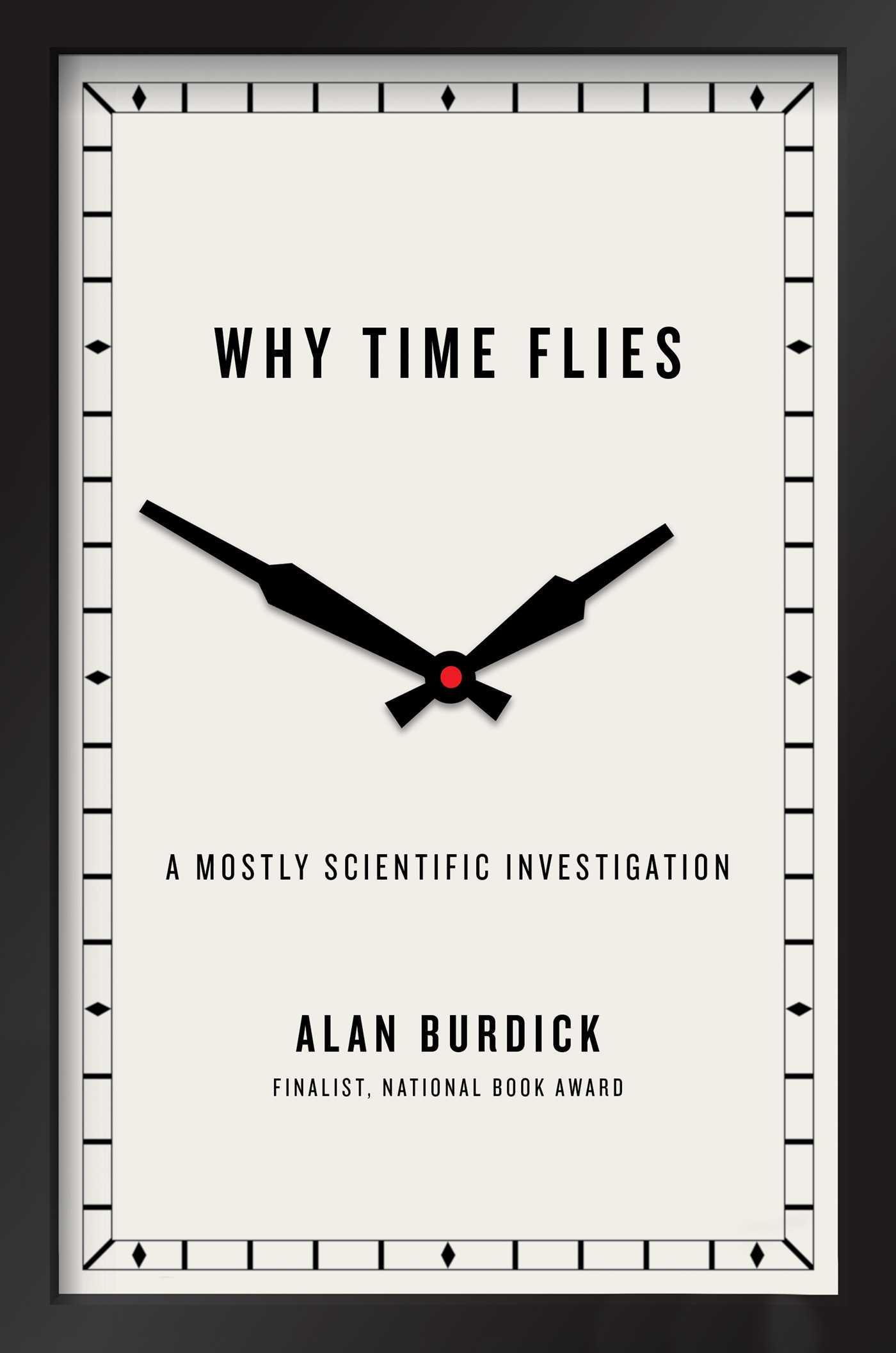Why Time Flies
Time flies when events are happy–but bring on trouble and sadness, then time dawdles and becomes endless. Notice how time drags for youth but accelerates for the more mature. Time is an intangible entity that can be viewed from the past, the present, and the future. The past resides in memories, the now immediately transitions into the past, and the future relies on imagination. In this absorbing account of the elusive quality of time, New Yorker staff writer Alan Burdick seeks to understand how time is perceived by different individuals and how the brain intakes stimuli to translate perceptions into our varying clocks. Beginning with a history of how time is measured at the planetary, global, and atomic levels, the story continues with a survey of the philosophers’ view of external changes. Past and current scientific studies exploring the vagaries of our inner time pieces are delightfully detailed. Some investigators seclude themselves in blackened caves to avoid all external stimuli that might influence their time clock; others use more technological gear trying to probe the brain and find its neuronal dials. You may be familiar with prediction, but read the book to discover the essence of postdiction.
| Author | Alan Burdick |
|---|---|
| Star Count | /5 |
| Format | Hard |
| Page Count | 320 pages |
| Publisher | Simon & Schuster |
| Publish Date | 2017-Jan-24 |
| ISBN | 9781416540274 |
| Bookshop.org | Buy this Book |
| Issue | February 2017 |
| Category | Science & Nature |
| Share |






Reviews
There are no reviews yet.